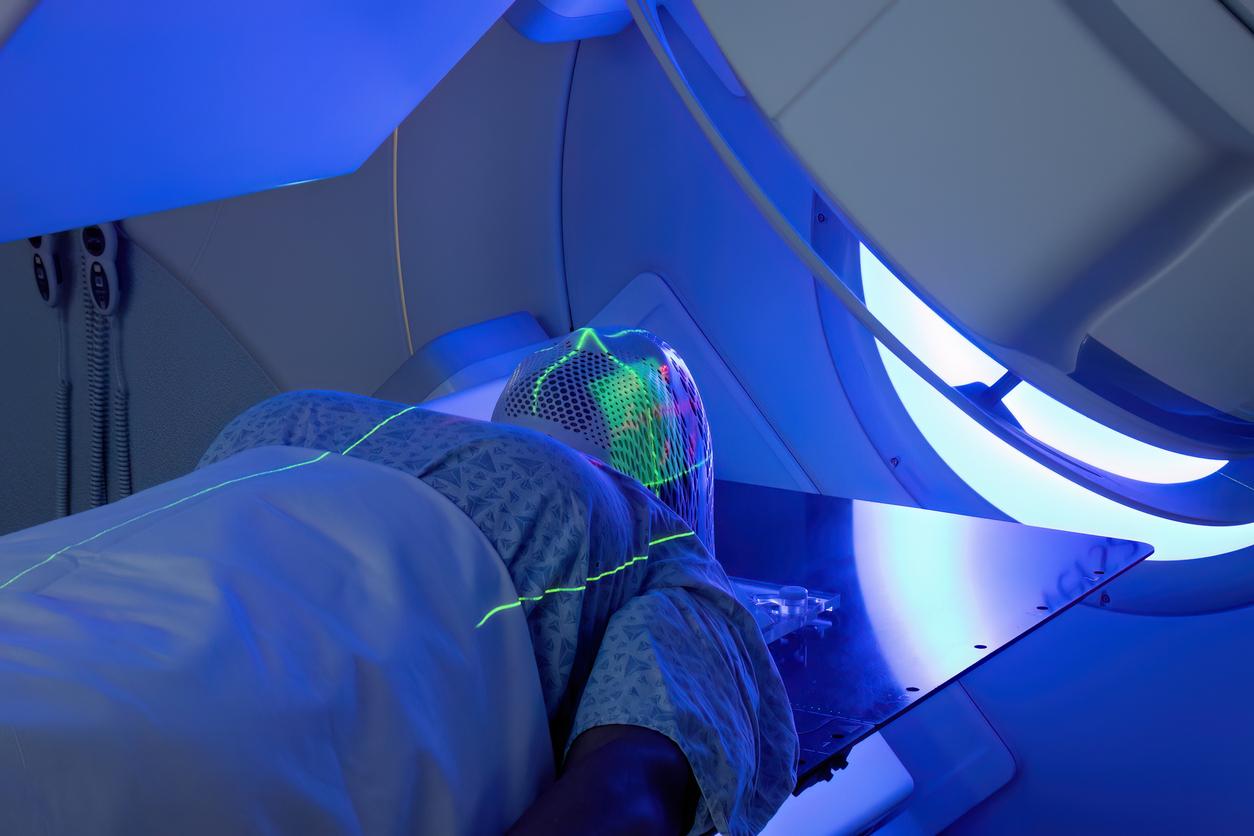Menopause brings significant changes to women’s bodies, increasing the risk of various chronic diseases, including cancer and cardiovascular disease. Calcium and vitamin D play a crucial role in preventing these diseases.

- Calcium and vitamin D are essential for the health of postmenopausal women, helping to prevent osteoporosis, cardiovascular disease and some cancers.
- Adequate levels of these nutrients may reduce the risk of heart attack and breast, colorectal and ovarian cancers.
- A balanced diet and appropriate supplementation, under medical advice, are crucial to maintaining these benefits.
Calcium and vitamin D are essential for maintaining bone health. After menopause, declining estrogen levels lead to decreased bone density, increasing the risk of osteoporosis and fractures. Calcium is vital for bone strength, while vitamin D aids in calcium absorption and bone metabolism.
Effects on cardiovascular diseases
Studies have shown that adequate levels of calcium and vitamin D can have beneficial effects on cardiovascular health. Vitamin D helps regulate blood pressure and inflammation, reducing the risk of cardiovascular disease, including heart attacks. Vitamin D deficiency has been linked to an increased risk of calcification of the arteries, leading to heart disease.
However, calcium supplementation should be approached with caution. Some research suggests that excessive calcium intake may be linked to an increased risk of vascular calcification and heart attack. It is therefore crucial to find a balance and consult a healthcare professional before starting any supplementation.
Effects on cancer
There vitamin D also plays a protective role against certain types of cancer. It helps regulate cell growth and promote cell differentiation, thereby reducing the proliferation of cancer cells. Studies have indicated that adequate levels of vitamin D may reduce the risk of breast, colorectal, and ovarian cancers in postmenopausal women.
Calcium, in synergy with vitamin D, may also help reduce the risk of colorectal cancer. A study published in the Journal of the National Cancer Institute showed that women taking calcium and vitamin D supplements had a significant reduction in the risk of colorectal cancer.
Recommendations for postmenopausal women
For postmenopausal women, it is recommended to consume about 1,200 mg of calcium per day, preferably through diet, and to maintain adequate levels of vitamin D, typically 600 to 800 IU per day. Food sources rich in calcium include dairy products, leafy green vegetables, and almonds, while vitamin D can be obtained through sun exposure, oily fish, and eggs.
Calcium and vitamin D play a vital role in the health of postmenopausal women, helping to prevent osteoporosis, cardiovascular disease and some cancers. A balanced diet, combined with appropriate supplementation where necessary, can help reduce these risks. It is always recommended to consult a healthcare professional before starting any new supplement regimen to ensure that individual needs are met safely and effectively.


















